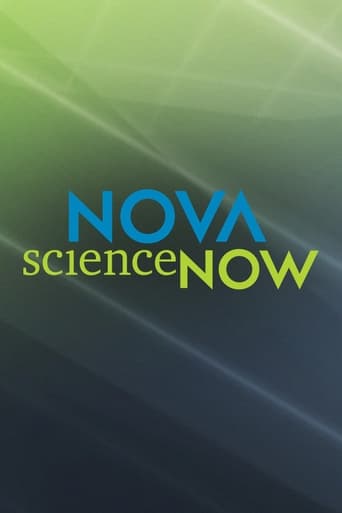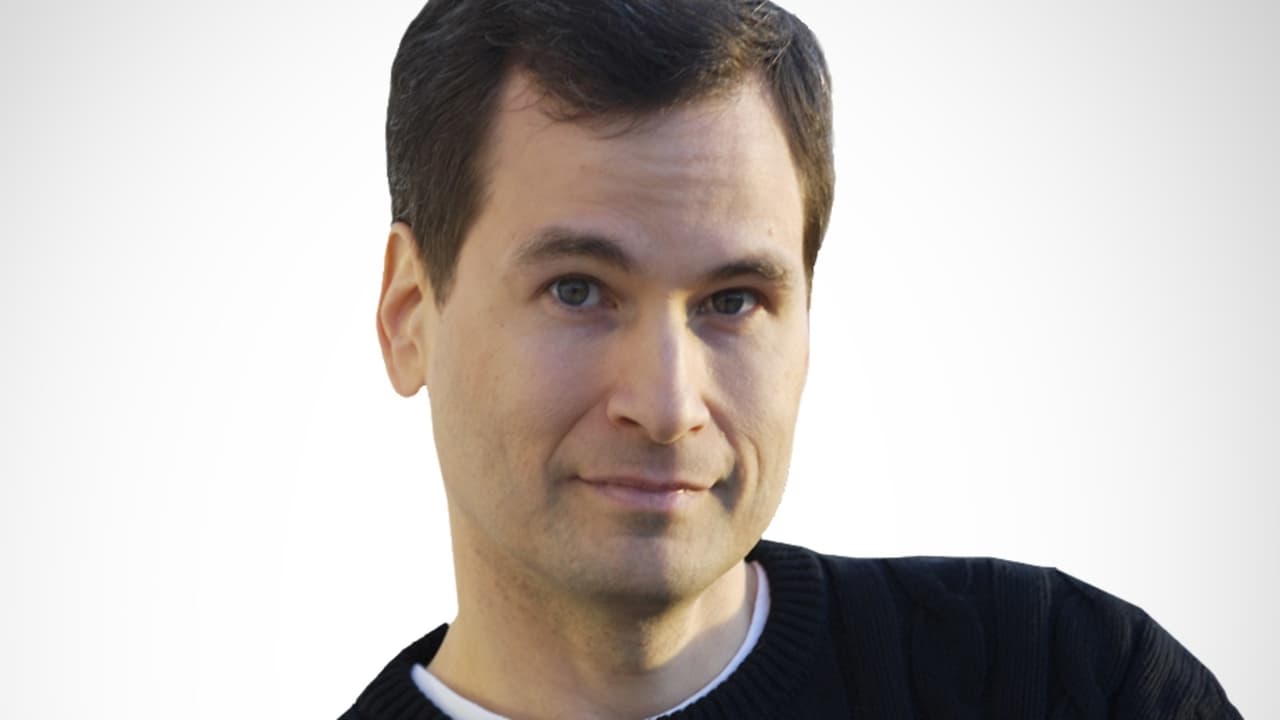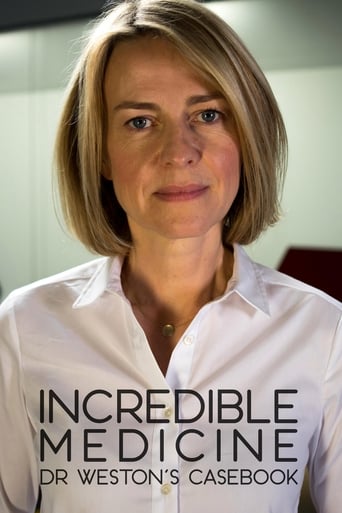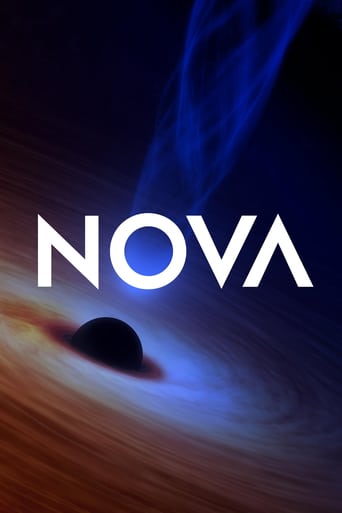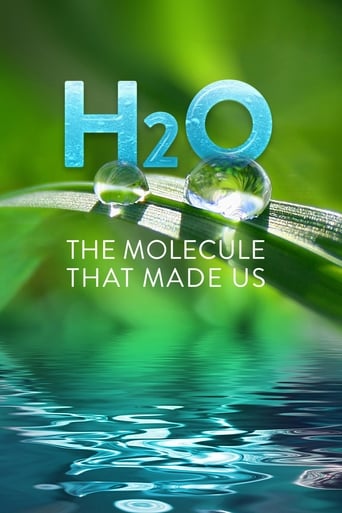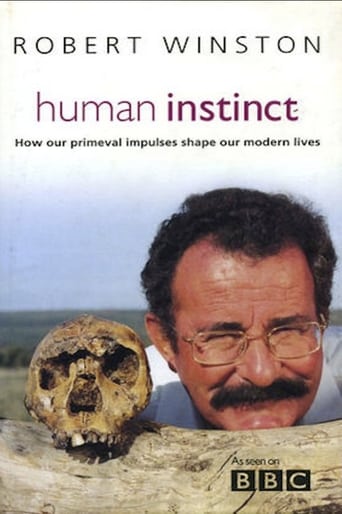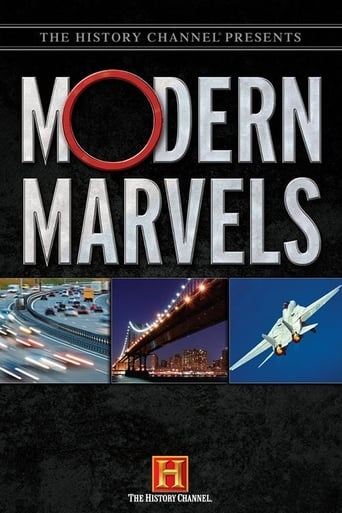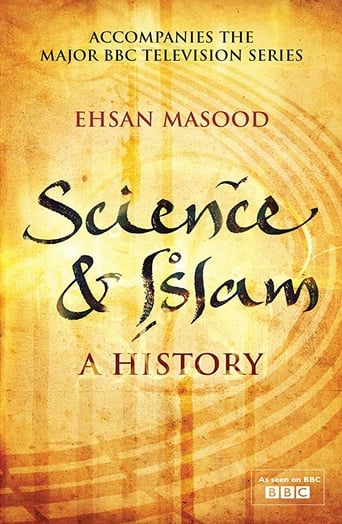NOVA scienceNOW Season 2
NOVA scienceNOW is a News magazine version of the long-running and venerable PBS science program Nova. Premiering on January 25, 2005, the series was originally hosted by Robert Krulwich, who described it as an experiment in coverage of "breaking science, science that's right out of the lab, science that sometimes bumps up against politics, art, culture". At the beginning of season two, Neil deGrasse Tyson replaced Krulwich as the show's host. Tyson announced he would leave the show and was replaced by David Pogue beginning season 6.
With 30 Day Free Trial!
NOVA scienceNOW
2005 / TV-GNOVA scienceNOW is a News magazine version of the long-running and venerable PBS science program Nova. Premiering on January 25, 2005, the series was originally hosted by Robert Krulwich, who described it as an experiment in coverage of "breaking science, science that's right out of the lab, science that sometimes bumps up against politics, art, culture". At the beginning of season two, Neil deGrasse Tyson replaced Krulwich as the show's host. Tyson announced he would leave the show and was replaced by David Pogue beginning season 6.
Watch Trailer
NOVA scienceNOW Season 2 Full Episode Guide
A paleobiologist has discovered preserved blood vessels and red blood cells in a 68-million-year-old dinosaur bone.Epigenetics: It seems that diet and lifestyle actually change the expression of our genes.Kryptos: A sculpture called Kryptos in the courtyard of CIA headquarters, contains a code that has yet to be fully broken.Profile: Arlie Petters: A look at Duke University Professor of Mathematics and Physics, and his research in the field of gravitational lensing.
Sleep may play an important role in strengthening memories.CERN: The Large Hadron Collider (LHC) nears completion at the international particle physics lab in Geneva, Switzerland.Emergence: Scientists try to understand a phenomenon called emergence, which allows a flock of birds or a school of fish to maintain such impressive order.Profile: Julie Schablitsky: A profile of University of Oregon archaeologist Julie Schablitsky, whose research is helping to rewrite the history of the Old West.
A look at recent research on the aging process, and how we might slow it down.Space Elevator: The possible creation of a "space elevator" made from nanotubes, and a NASA contest designed to fuel innovation behind this idea.Maya: The use of a new NASA satellite technique to find lost Maya ruins.Profile: Bonnie Bassler: A look at Princeton molecular biologist Bonnie Bassler and her research on bacteria communication.
What caused the greatest mass extinction nearly 250 million years ago?1918 Flu: The 1918 flu virus is revived and decoded in the hopes that we can learn from it before the next pandemic.Profile: Cynthia Breazeal: A look at MIT social roboticist Cynthia Breazeal.Papyrus: Can we use space-age technology to read papyri fragments that are almost 2,000 years old?
The Apophis asteroid, the size of a football stadium, is headed towards Earth and should arrive in 2036.Island of Stability: The long road to creating element 114.Obesity: The biology of eating.Profile: Karl Iagnemma: A look at MIT roboticist and fiction writer Karl Iagnemma.
Free Trial Channels
Seasons



